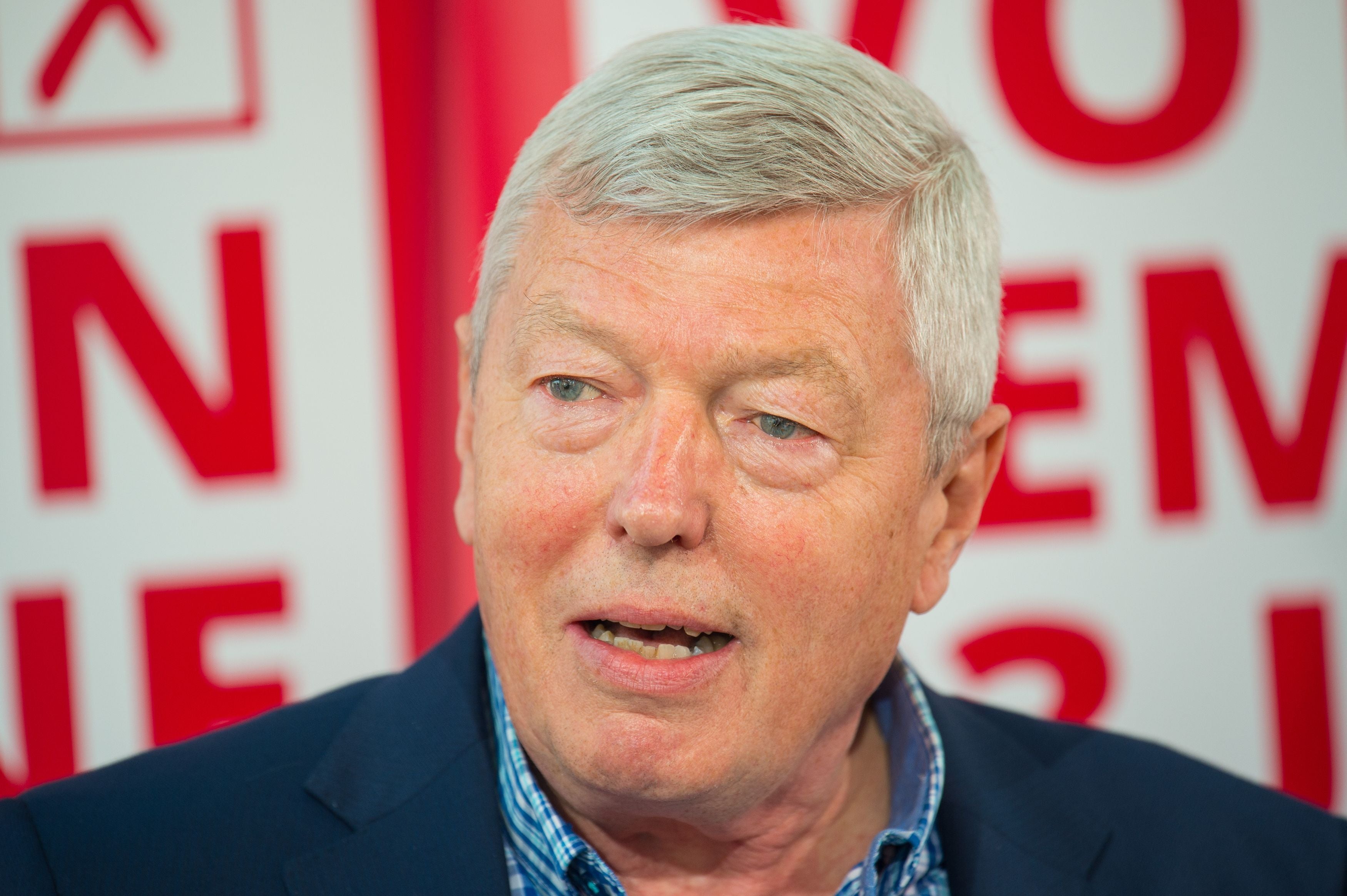Mea Culpa: what do you get when you cross British with American English?
Questions of language and style in last week’s Independent, reviewed by John Rentoul


In our “Pictures of the Day” on Tuesday, we had a lovely photo from the air of what the caption said was “a railroad crossing … in the middle of a flooded meadow in Nidderau, Germany, after days of rain”. Thanks to Sue Alexander for pointing out that the usual term in British English for such a thing is a level crossing.
Presumably we took the caption directly from Associated Press, the agency that provided the photo. It uses American English, but we should have translated it. Anyway, having looked up the picture, I can add that the photographer was Boris Roessler, of DPA, Deutsche Presse-Agentur, which syndicates material through AP. All credit to him.
Might have been: Another photo caption referred to Alan Johnson, one of the best prime ministers we never had, as “ex-Labour education secretary”. Johnson is as attached to the Labour Party as he ever was – indeed, more so than during the Jeremy Corbyn interlude, when he became semi-detached – so the “ex-Labour” part is misleading.
In the article itself he was described as the “former Labour education secretary”, which is better, because the “former” is not so firmly attached to the word that comes after it. But my preference would be the “Labour former education secretary”. Thanks to Philip Nalpanis for spotting that one.
Lay up, lie down: A report on Wednesday of a Dutch train derailment referred to pictures of “two of the bright yellow and blue train carriages laying across a canal and in a field”. The use of “laying” instead of “lying” is increasingly common, and I wouldn’t dream of describing it as “wrong”, because language changes. My argument has always been that traditional usages sound more authoritative, and that it is in The Independent’s interest to avoid being an early adopter of new forms. Thanks to Richard Hanson-James for that one.
Sharpened up: Last weekend we said that the “media reaction to the Cricket Discipline Commission’s findings honed in on the allegation against [Michael] Vaughan which was not upheld”. We meant “homed in on”, as in a homing missile finding its target. To hone something means to sharpen it, originally a blade on a rock, and by extension to refine or perfect something.
Two writers who showed how “hone” should be used were Tom Peck, who last week referred to Donald Trump’s “now carefully honed methods of distortion”, and Helen Brown, who wrote in her review of boygenius that “you can hear the careful questioning with which the songwriters have honed one another’s thoughts”.
Number watch: Two of the commonest number problems in our pages are spurious accuracy and the use of percentages greater than 100. We referred to Joe Biden’s Inflation Reduction Act, which includes plans for $369bn of investment in green technology over a decade. We helpfully put “(£298bn)” after the number, as we are supposed to give the reader some idea of how sums in foreign currency compare with our own. But three significant digits is too much information, as we need only an approximation, so £300bn would have been easier to take in.
Later in the week, we were guilty of an extreme example of the misuse of percentages, when we reported that searches for “Stormy” on a pornography website had increased by “32,400 per cent” after Donald Trump’s indictment relating to alleged hush-money payments to Stormy Daniels. As John Harrison wrote to say, it would have been clearer to say that there were “325 times” more searches than before, although it might have made more sense to have stopped and wondered whether this so-called fact was worth reporting at all.
Join our commenting forum
Join thought-provoking conversations, follow other Independent readers and see their replies
Comments
Bookmark popover
Removed from bookmarks